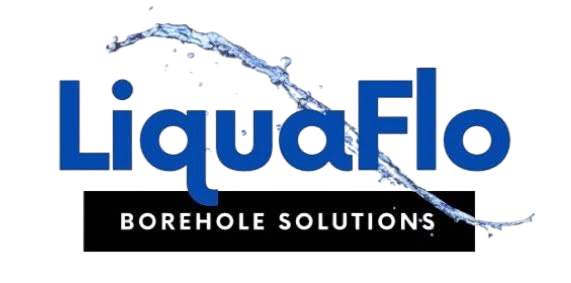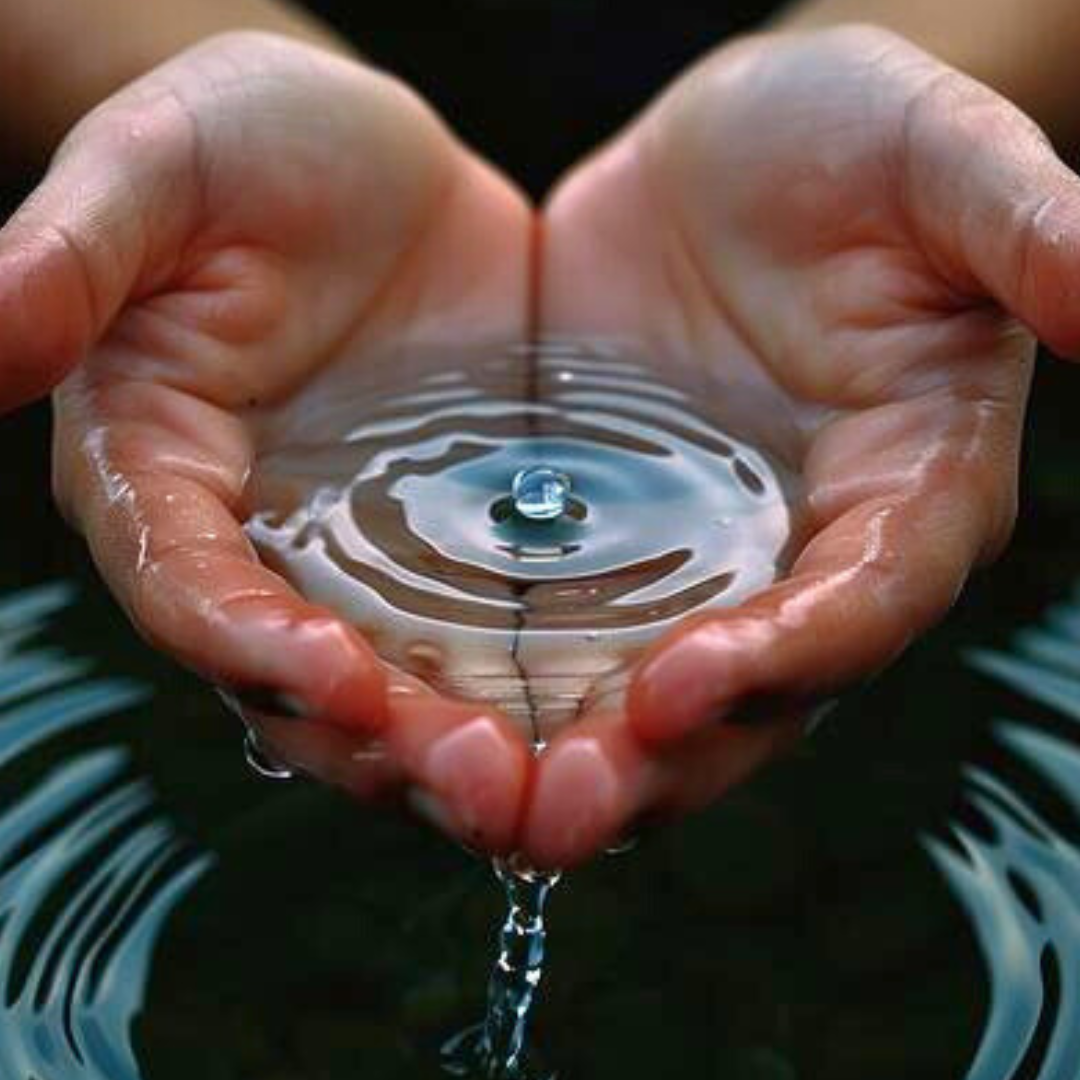If you’ve ever wondered what exactly borehole water is, how it’s different from municipal water, and whether it’s safe to use in your home or business—this guide is for you.
Whether you're planning to install a borehole or already have one and want to better understand the water it provides, we'll take you through what borehole water is, where it comes from, and how you can keep it clean and safe with the help of LiquaFlo Borehole Solutions.
Here’s everything you need to know about borehole water.
What is borehole water?

Borehole water comes from natural underground sources, called aquifers, that are rich in minerals and free from municipal treatment chemicals. Unlike tap water, which travels through city pipelines and gets treated with chlorine and other additives, borehole water is sourced directly from beneath the Earth’s surface.
In areas like southern Johannesburg, where water supply can be unstable or costly, borehole water offers an off-grid, independent alternative that’s both sustainable and reliable. Once drilled and fitted with the correct pump system, this natural water source can be used for everything from drinking and bathing to irrigation and agriculture.
Where does borehole water come from?

The Earth’s surface holds water in underground layers of rock, gravel, and sand called aquifers. Rainwater seeps into these layers over time, naturally filtering through soil and rock, which helps remove impurities.
This naturally filtered water is what your borehole taps into. With a proper system in place—like the ones LiquaFlo installs—you can access this groundwater and pump it directly to your home, business, or farm.
Is borehole water safe to drink?

In many cases, yes. Borehole water can be completely safe to drink, but it’s crucial to test the water before consumption. While groundwater is generally clean, factors like soil composition, nearby pollution sources (like septic tanks), and borehole construction can affect water quality.
LiquaFlo offers comprehensive water testing and purification solutions. We analyze your water and recommend purification systems tailored to your needs—whether it’s UV sterilization, reverse osmosis, or filtration for contaminants like iron and manganese.
So yes, borehole water is safe—if you test and treat it properly.
What can borehole water be used for?

Borehole water is versatile. Depending on the purification system you choose, it can be used for:
- Drinking and cooking (with appropriate filtration)
- Washing and bathing
- Irrigating gardens and crops
- Livestock or industrial use
- Filling swimming pools
- Flushing toilets and other greywater uses
It’s an especially smart choice for properties in areas with water restrictions or frequent supply interruptions.
How do you maintain borehole water quality?
Maintaining good-quality borehole water requires a few key steps:
-
Regular Testing
Even if your water appears clear, regular testing helps detect any hidden bacteria or chemical imbalances. We recommend an annual check-up, or more frequently if the borehole is newly installed. -
Professional Filtration Systems
Installing the right filtration system based on your water test ensures that your supply stays clean and usable for years. LiquaFlo offers fully customized purification solutions—from basic sediment filters to complex multi-stage setups. -
System Maintenance
Like any plumbing or water system, borehole equipment—including pumps, pipes, and filters—needs periodic maintenance. LiquaFlo offers support contracts to help you stay worry-free and water-ready all year round.
Why choose borehole water over municipal water?

In Johannesburg and surrounding areas, the cost of municipal water continues to rise. Borehole water provides:
- Lower long-term costs
- Freedom from municipal supply limits or shutdowns
- Environmentally conscious water usage
- Control over water quality and filtration
For homes, farms, and businesses, going off-grid with a borehole system installed by LiquaFlo means reliability, savings, and sustainability.
Final Thoughts
Borehole water isn’t just a backup plan—it’s a smart, sustainable solution for properties looking to take control of their water supply. With the right setup and maintenance, it’s safe, clean, and cost-effective.
At LiquaFlo Borehole Solutions, we provide expert support from installation to purification, so you can enjoy worry-free water wherever you are in Johannesburg and beyond.
Ready to explore your options? Contact us today for a site assessment or to get your water tested.


